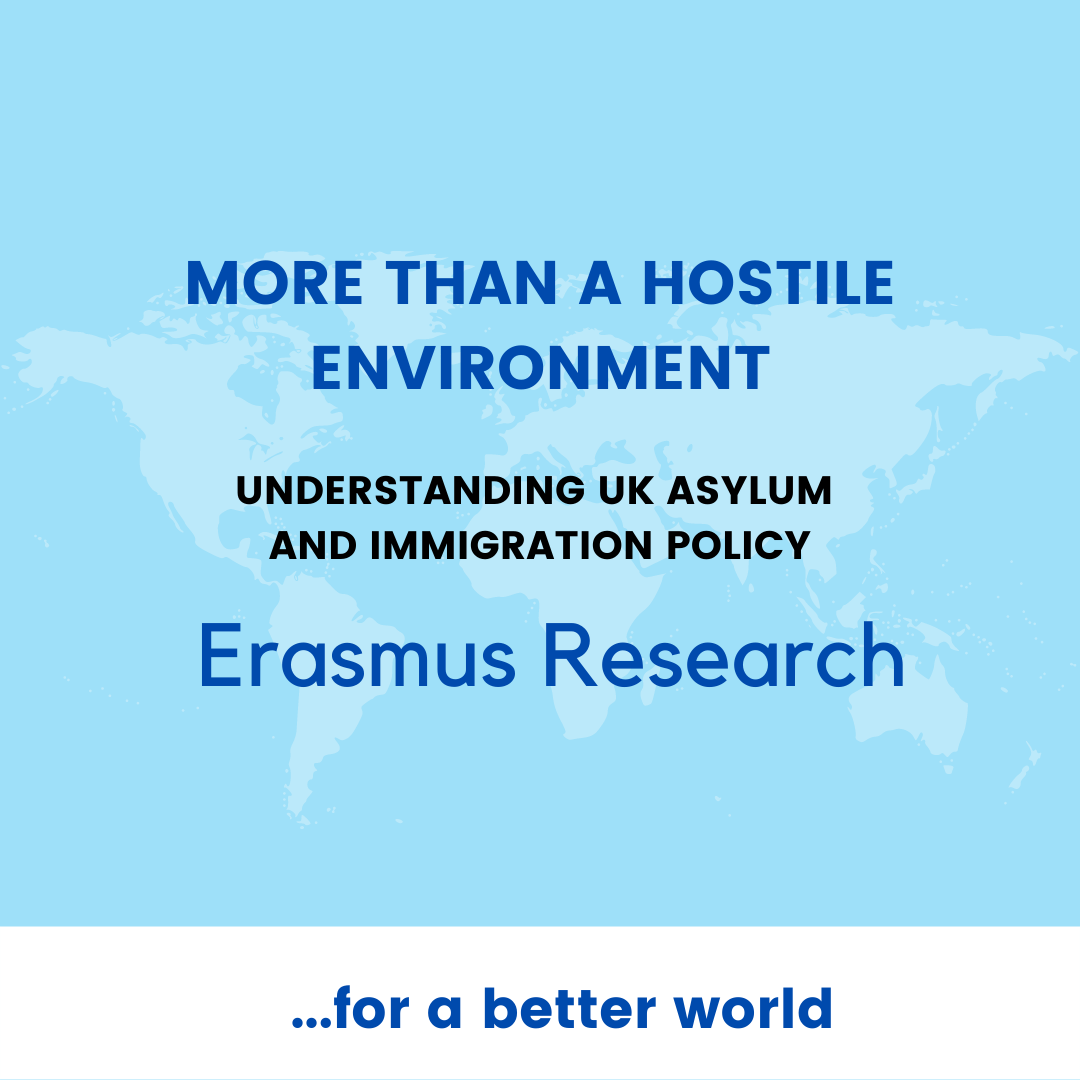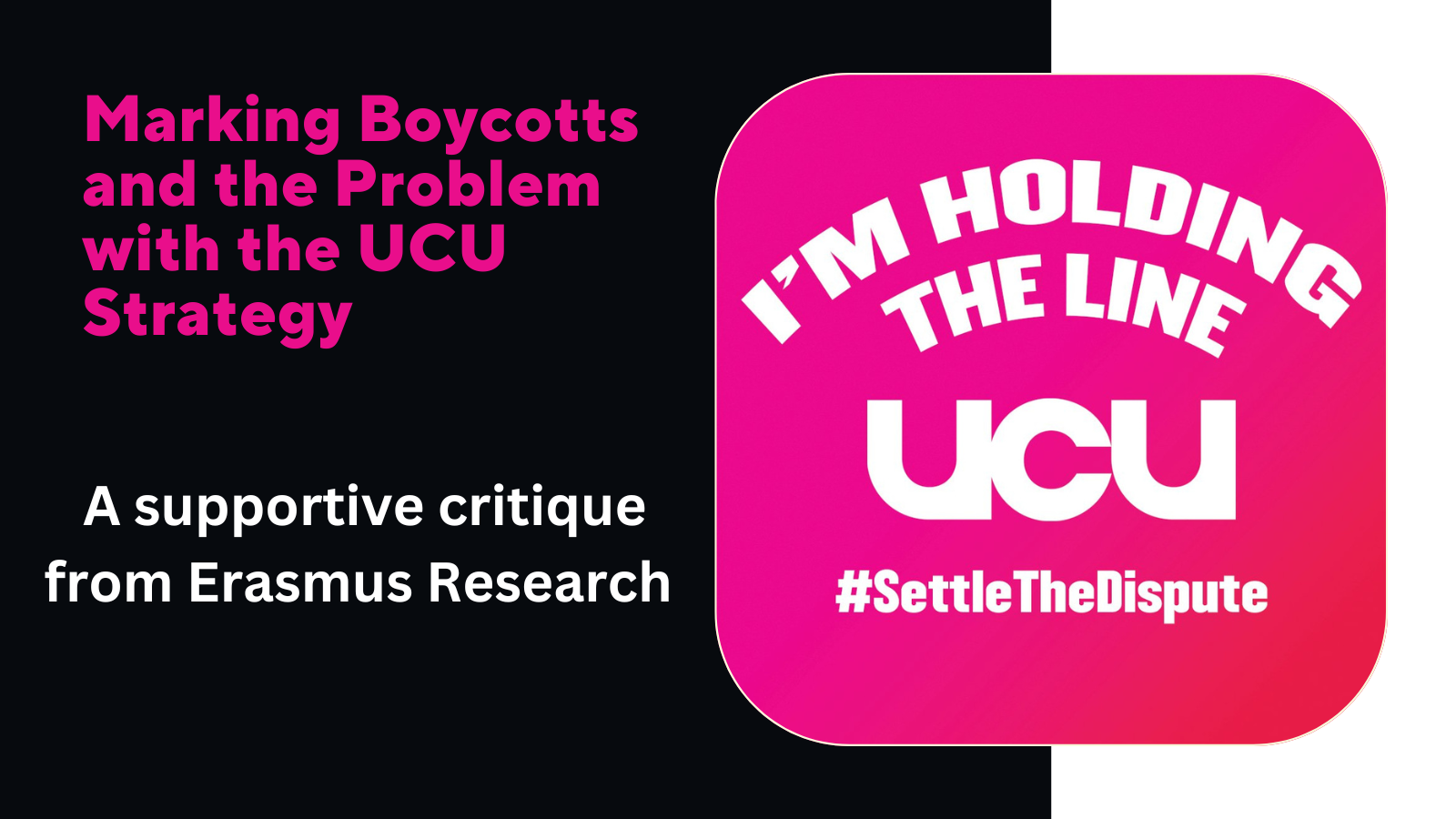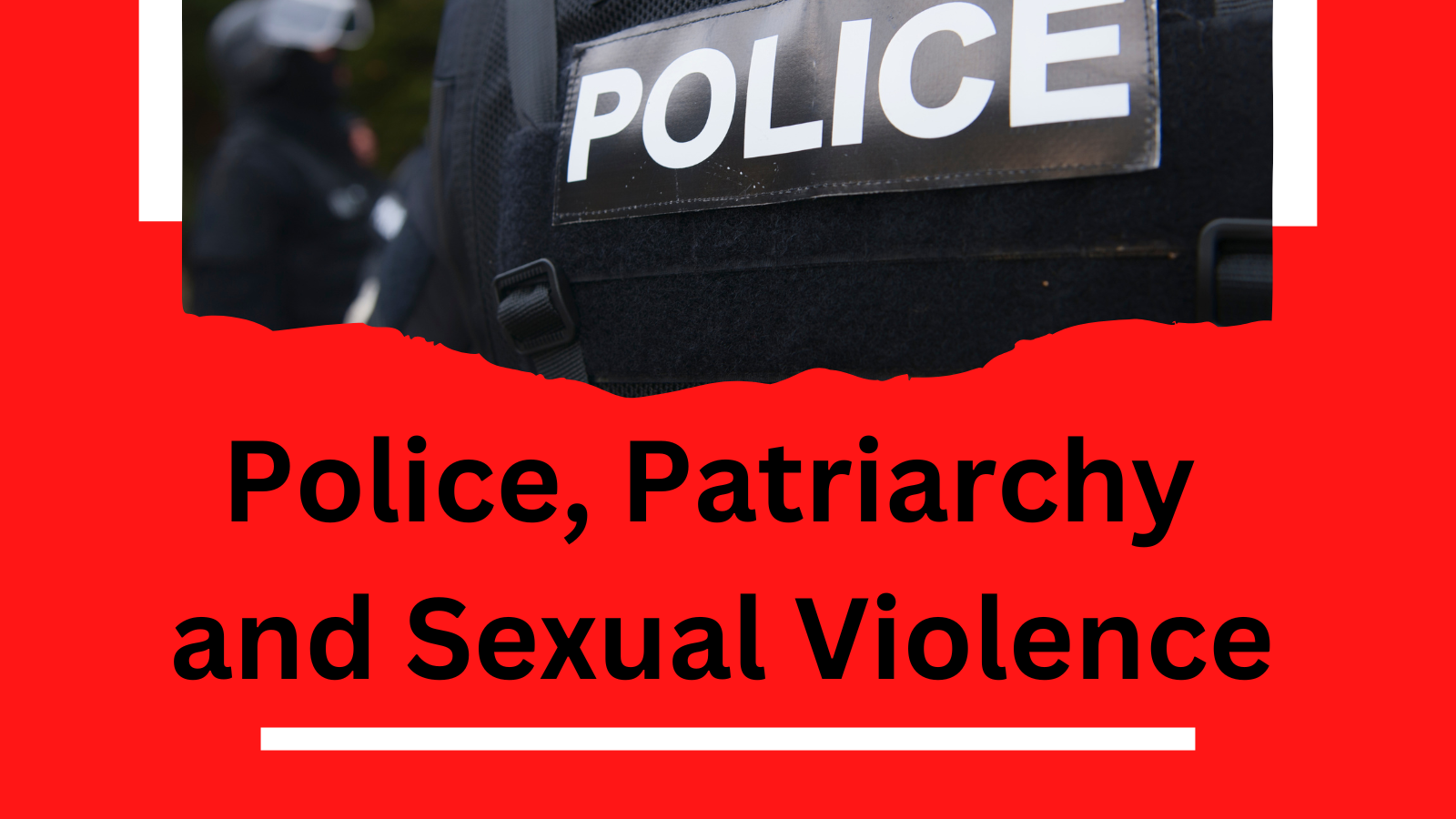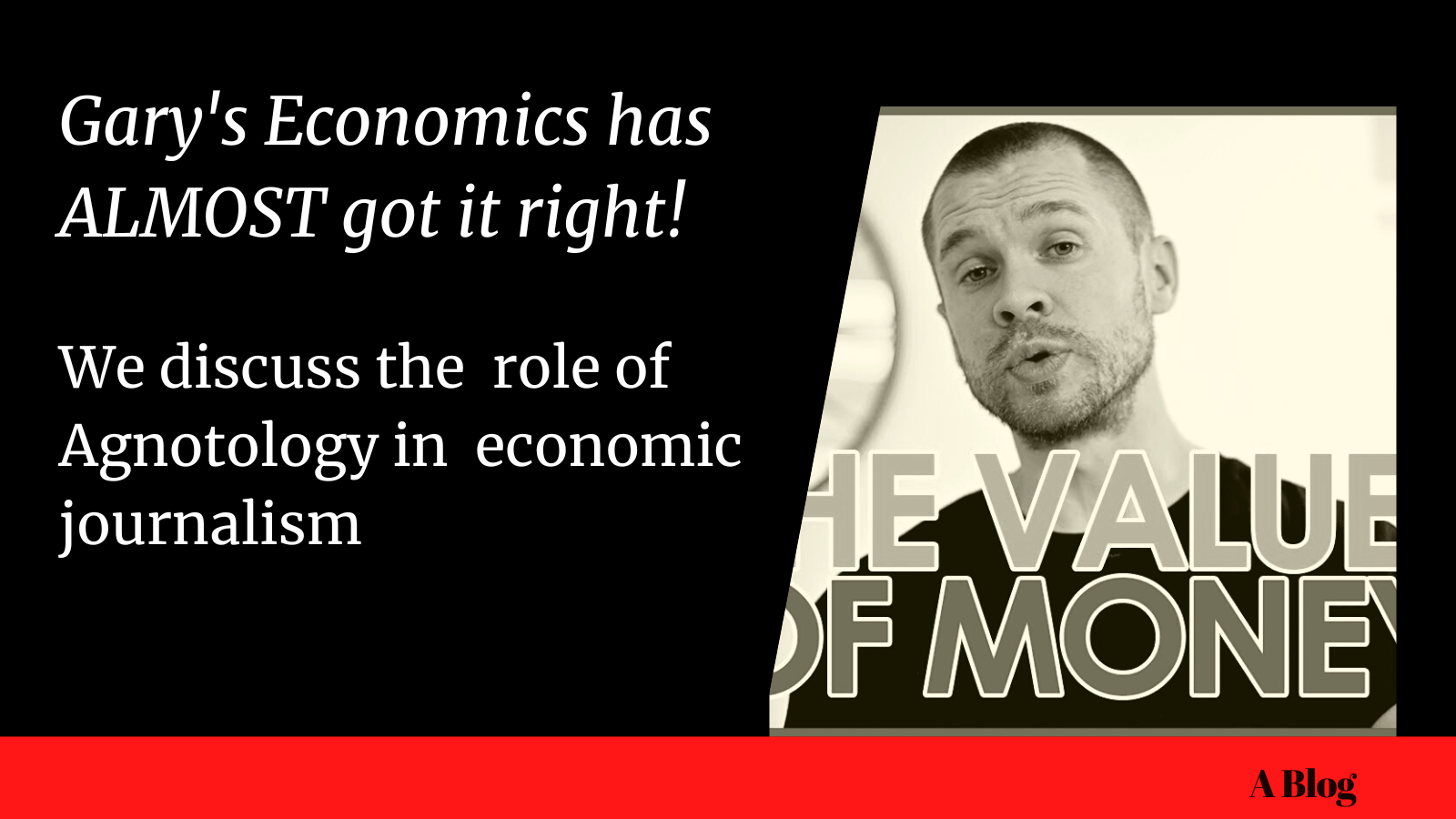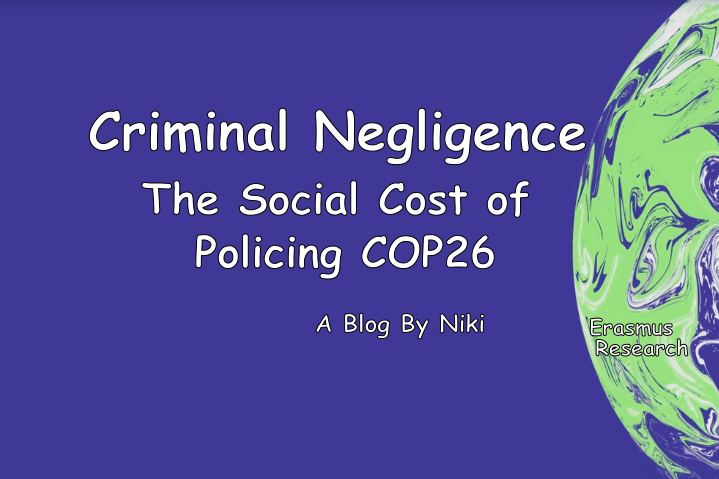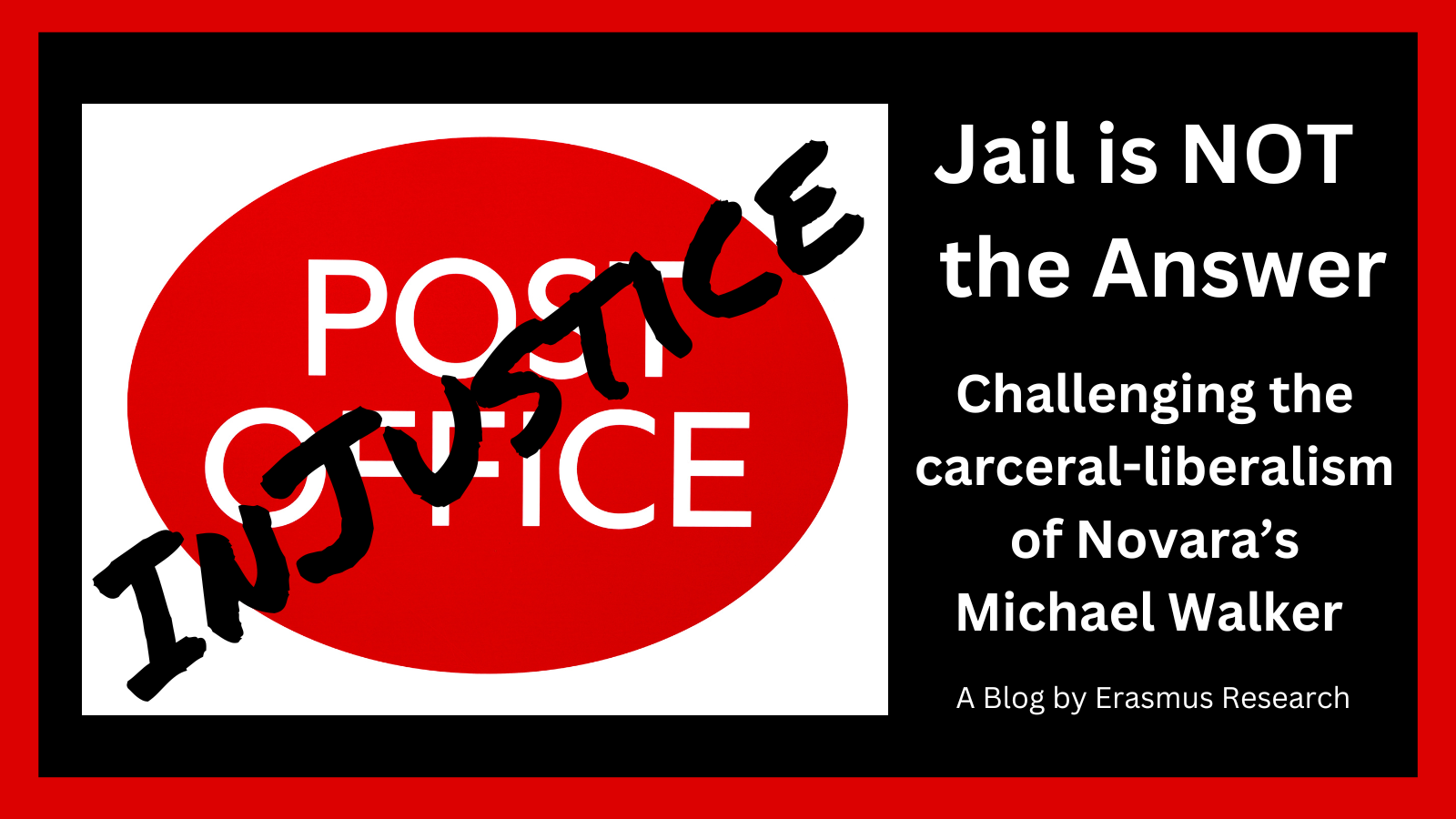On the 14th April 2022, the UK Government announced plans to transfer all migrants who have been deemed to have entered the UK ‘illegally’ to the East African country of Rwanda. Here they will be processed and if successful in their application for asylum, they will be allowed to stay, in Rwanda, for an indefinite period. On the 28th April, the UK Government passed the The Nationality and Borders Act 2022, which the Home Office say ‘will deliver the biggest overhaul of our asylum system in decades’. The UN Human Rights Commission claim that the Act will penalise most refugees seeking asylum in the country, creating an asylum model that undermines established international refugee protection rules and practices. Campaign groups such as the Refugee Council say that the discriminatory two-tier system will have a devastating impact on the ability of women and children to reach safety.
In his book Against the Double Blackmail, Slavoj Zizek warns against the false binary presented by populist politics regarding the issue of immigration. One the one hand, the left-wing progressive view claims that all refugees are welcome. The problem with this is that a policy of unlimited migration is simply unworkable and would lead, Zizek suggests, to rioting and unrest across Europe. At the opposite end of the political spectrum there exists a right-wing populist obsession with punishment and deterrents, resulting in a policy narrative that oscillates between ‘drown them at sea, that will stop them coming!’ and to the same ends, the potentially less violent option of processing migrants in a third country, such as Rwanda, which already has a long history of human rights abuses, including genocide.
This dichotomy is itself the problem and needs to be overcome if we are to forge an adequate and humane solution to the issue of immigration. Zizek suggests that rather than adopting what he calls a ‘pathetic solidarity with victims’, the repressed peoples of the world need to return to a form of class politics in order to challenge the repressive global hegemony. This will require an international social movement that represents the interests of oppressed peoples everywhere.
The mass migrations of peoples around the world are largely, although not exclusively, caused by struggles over resources. Competition for resources often directly benefits transnational corporations who profit from the extraction of fossil fuels as well as other resources such as the scarce minerals required to sustain the expanding markets in digital technology. There is nothing inevitable about these national wars and regional conflicts, all of which are politically and economically engineered to extract maximum material and symbolic profits from a range of geopolitical vulnerabilities. Therefore, a truly international response to this humanitarian crisis is essential, if any kind of challenge is to be made to the status quo.
There are three main reasons why the issue of immigration is so difficult to address. Firstly, the border control industry is a multi-billion Pound/Euro/Dollar enterprise, from which enormous profits are hived off to secrecy jurisdictions all over the world. Secondly, the militarisation of borders is part of an expanding military-industrial-security complex, itself part of a wider process that seeks to promote the efficacy of a truly global police state. The third issue is one in which a range of populist political tropes have become entangled in what is emerging as a form of twenty first century fascism, a phenomenon that has taken root in most countries that would otherwise largely refer to themselves as ‘democratic’.
Let’s take each of these in turn.
The Border Control Industry
The outsourcing of the UK’s system for detaining and processing people seeking asylum to Rwanda, is part and parcel of the wider border control industry, itself a part of the global military-industrial-security complex. In much simplified terms, multinational corporations such as Raytheon and Lockheed Martin absorb billions in taxpayer’s money selling weapons and equipment used to bomb countries (Libya, Iraq, Afghanistan, Syria, Yemen, etc.) while simultaneously making further billions managing the refugee crises that arise as a direct result of the chaos they help to create. As Robinson (2021) points out, in 2011 the global border security industry was estimated to be worth $305 billion. By 2023 it is estimated to have risen to $740 billion.
The UK Border Force is a multi-billion-pound enterprise in which one of the main benefactors is Serco, one of a number of UK firms that profit twice from militarism and the global police state. They profit from military contracts that fuel conflict and force people from their homes. The same companies then profit again by providing services to detain, process and deport those fleeing the war-torn countries they helped destabilise.
The EU’s own border control agency Frontex, has expanded significantly in the last decade. In 2005 it had 43 staff and a budget of €6 million, by 2020 it had 700 staff and a budget of €420 million. This is set to rise considerably with a future budget planned to increase to around €22.6 billion for migration and border management by 2027. There are plans for Frontex to have in excess of 10,000 border guards operating in Europe and its own fleet of aircraft for patrolling the Mediterranean, helicopters, armoured vehicles and a range of other militarised vehicles and equipment.
As spending on Frontex and their operations increases, so too will Europe’s borders. The expansion in technological innovations including the explosion in biometric identification systems, surveillance systems, tracking systems and data collection systems have turned what were formerly geographical lines on a map, into what is now a range of inter-operable assemblages of control technologies. Data solutions and storage innovations by tech giants in Silicon Valley (and of course Israel) have meant that Google and Amazon have become key players in the global police state. What has become known as the ‘cloud industrial complex’ has facilitated a significant increase in ‘advanced information sharing platforms’, opening new possibilities for the surveillance of a greater number of the global population.
The Global Police State
This brings us to the second issue, highlighting the role that the military-industrial-security-complex plays in the formation of what Robinson (2021) calls the global police state. The police state has three inter-related but distinct features:
- the ongoing, relentless increase in police and military oppression of groups, formerly seen as benign, who are redesignated as domestic extremists. These political and environmental groups are now policed through a process of securitisation which increasingly results in the wholesale criminalisation of protest. All around the world, from China to Canada, Russia to Rwanda, the global police state is cracking down on dissent.
- the proliferation of authoritarian governments almost everywhere, as populist leaders on both sides of the Atlantic gain more and more support from the promotion of populist policies in an increasingly fragmented, precarious and crisis driven world.
- the suppression of civil liberties and human rights as the hard-fought compromises, forged through worker’s struggles during the years of the Fordist-Keynesian compact, are ridden over roughshod by corporate bosses and politicians alike.
The hostile environment for immigrants, that emerged from Theresa May’s tenure as Home Secretary, was only possible because of the global police state. This brings us to the third problem presented by the current plans to outsource the UKs processing of asylum claims to a third-party state such as Rwanda, namely the rise of twenty first century fascism.
21st Century Fascism
Totalitarian states are everywhere emerging in response to the widespread disillusionment, anger and frustration of precarious populations who are suffering as the dead hand of zombie capitalism continues to shovel enormous wealth upwards – into the offshore accounts of a tiny economic elite. This has created a space for the emergence of a re-energised form of hyper-masculinity based on a right-wing world view in which militarism, misogyny and racism have become central organisational tropes. This, of course, has had serious implications for the issues of asylum and immigration.
The project of 21st century fascism hinges on the psycho-social mechanism of displacing the mass fear and anxiety of the precariat downwards, away from those who are responsible for their precarity, towards groups that are more repressed than themselves. The use of this scapegoating mechanism, an essential component of the imperialist tactic of divide and rule, is as old as civilisation itself. Not only does it serve to detract and deflect attention away from the root causes of repression, it prevents the repressed from uniting in ways that might threaten the status quo.
What is to be Done?
Rather than hiding behind empty gesture politics which privilege ‘tolerance’ and ‘respect’ of the (racialised) other, workers of the world need to unite in a common struggle. A class struggle. Firstly, we need to fix the problems that are causing mass migration to take place in the first instance. While large migrations have been a constant feature of human history, their principal cause, in modernity, is largely down to colonial expansion. The geopolitical games of the powerful are undoubtedly the ultimate cause of displaced populations, with global capitalism fuelling unprecedented mass migrations that are themselves caused by war and the competition for resources. These migrations are set to increase as armed conflicts escalate and rogue states spiral out of control. Economic crises will continue to displace millions, particularly in the global south but so too will climate change, creating the need for previously unimaginable social transformations.
This brings us to the central point of the discussion. If the world’s population is now subjected to a global police state, then we need a global social movement. If policing and militarism have been globalised, then so must resistance. To echo the central tenet of the liberatory work of the Kurdish leader Abdullah Ocalan, we need to insist on a truly international programme of global solidarity among all the oppressed peoples of the world. The only way to push back against the rising tide of twenty first century fascism, is to promote a universal project that all the world’s exploited peoples can rally behind. We all have a common enemy, and its not ‘the racialised other’. As Zara Sultana recently said, ‘our real enemy travels in a private jet, not in a migrant dingy’.

The decision of the UK government to outsource our immigration and asylum function to Rwanda, is a cynical ploy designed to meet several political objectives. But empty gestures of support for refugees and immigrants are not going to be enough. Shouting the slogan – ‘refugees are welcome here!’ is only the first step in the global fight against the militarised interests of capital accumulation. The contemporary political landscape can offer us nothing in this regard. An entirely new politics is required.
And who will we turn to for ‘leadership’?
We have only ourselves.
In the Book Against the Double Blackmail, Zizek reminds us of an old Hopi saying –
“We are the ones we are waiting for.”

